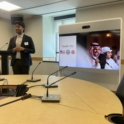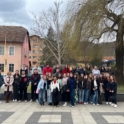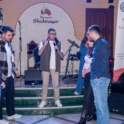Abdulaziz reflects on the highlights from serving as a mentor for CEW.
STORIES
Projects for All Grant: Computer Training for Persons with Disabilities
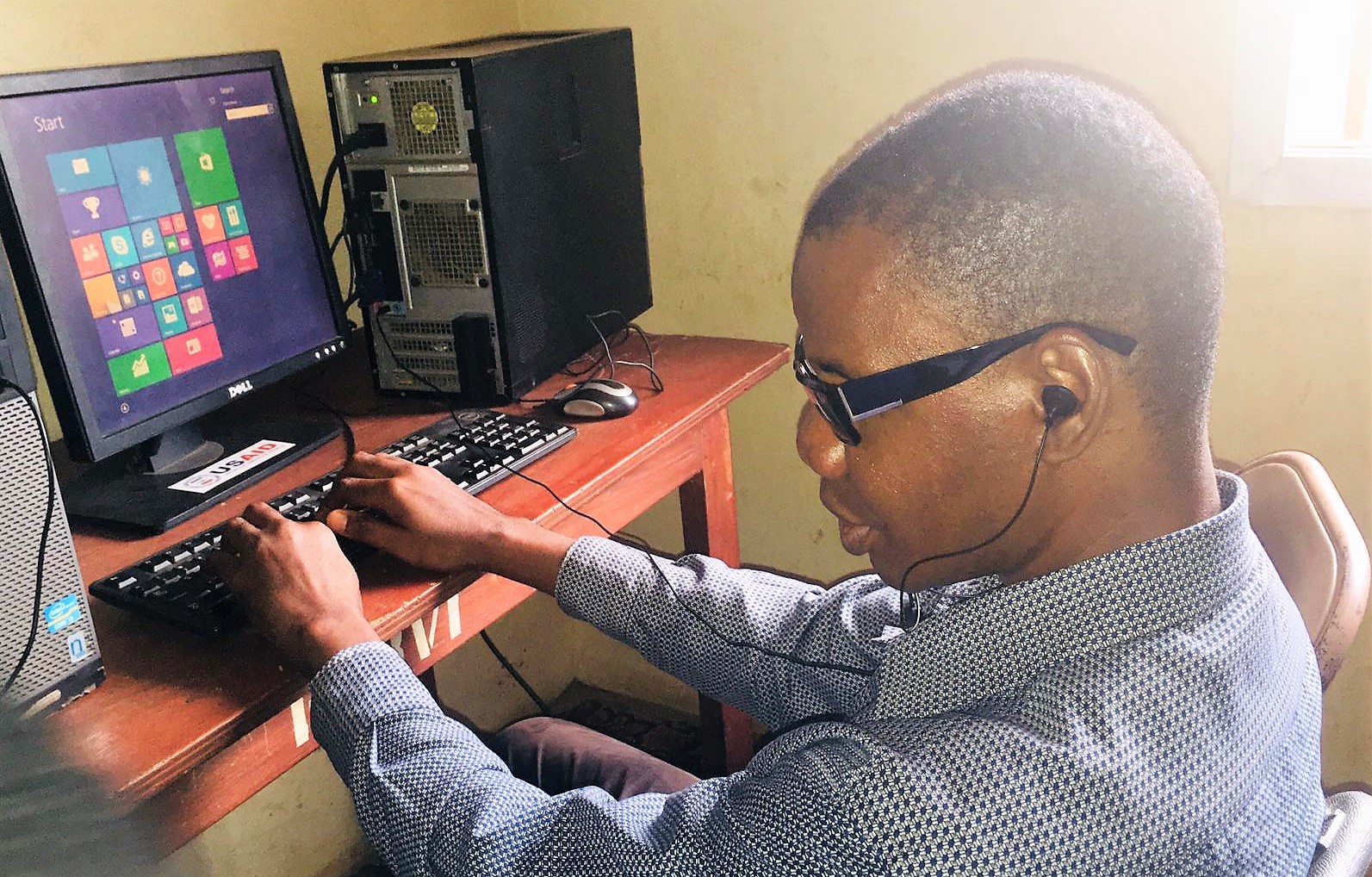
By Kadiatu Kargbo (YES 2019-2020, Sierra Leone, placed with ASSE in Columbia, MO)
As the world is rapidly embracing digitalization, persons with disabilities shouldn’t be left behind. Being a YES exchange student in the United States gave me a lot of inspiration, particularly around the amazing things persons with disabilities can do with the help of technology. I knew I wanted to help PWDs do the same in my home country of Sierra Leone. Despite technological advancement, blind and low vision students in Sierra Leone still use typewriters to take exams in their schools and universities. In the age of computers, the availability of typewriters is on the decline, making it challenging for them to make it through school or university. A further challenge is fitting into the job market because most offices have gone completely digital.
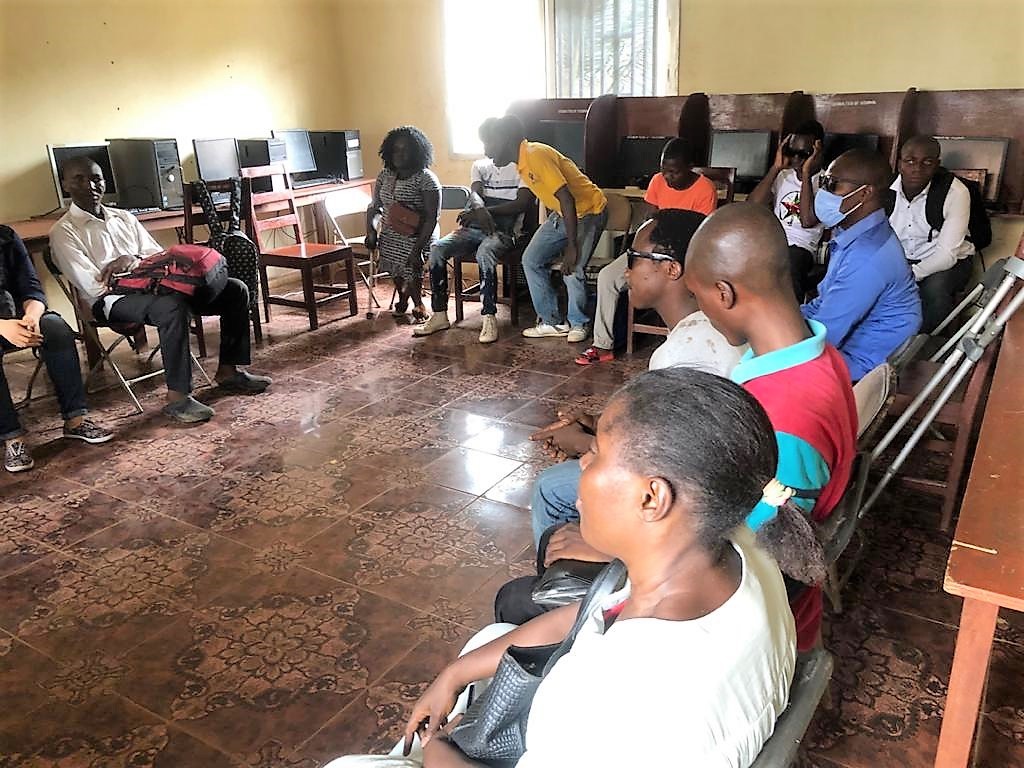
It’s against this backdrop that my team and I decided to apply for a Projects for All grant, available to YES alumni after the November 20220 Projects for All Workshop, to implement a computer training program for persons with disabilities. We trained 30 participants with various disabilities, including participants who are blind or low vision, are deaf, have disabilities resulting from polio, are little people, or have albinism.
During the opening ceremony, representatives of several organizations that work with PWDs helped us kick off the event with motivational speeches and words of encouragement. “You should not let your challenges overcome you but learn to overcome every obstacle in your way. That will make you successful,” said Mr. Thomas Alieu, Director of the Educational Center for the Blind.
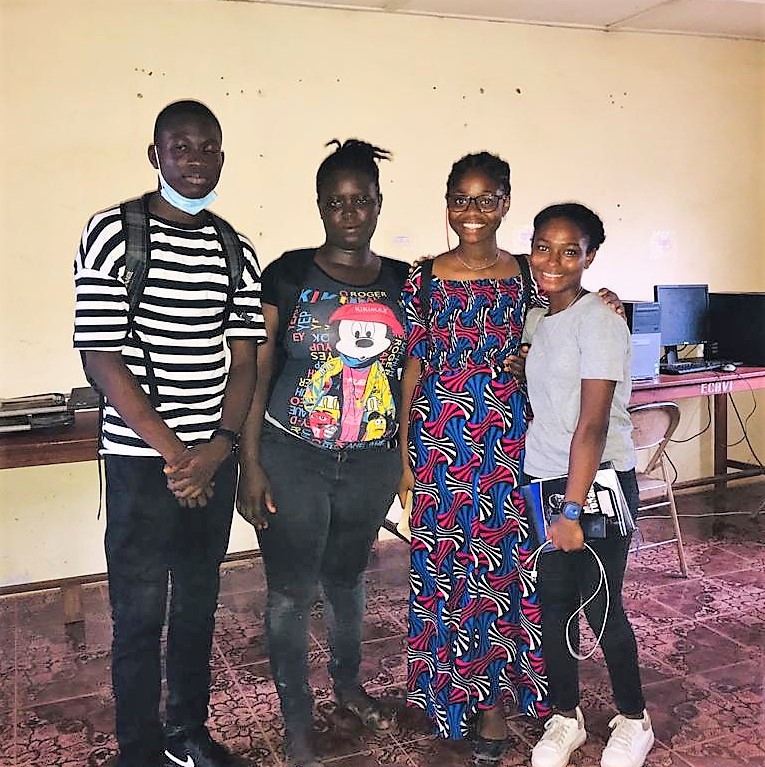
During the two-week training, participants were taught to navigate important computer basics, including general computer systems, Microsoft Office products, the internet, and social media. To provide equal access for all, trainers introduced blind and visually impaired students to a special screen called the NonVisual Desktop Access (NVDA). In our Introduction to Computer sessions, participants learned the history and basics of computer use, including how to create files and folders and to navigate through different windows. In our Microsoft Word and Excel sessions, we taught them text entry, formatting, and enhancement and guided them through the tab groupings and buttons they would need at the basic level. During the internet and social media sessions, they learned about the history and how to use the internet and social media.
By the end of the training, many participants who thought they could not navigate a computer because of their disabilities came away feeling very proud of what they had achieved. They were grateful and promised to make good use of what they had learned.
We are truly grateful to the U.S. Department of State and the Kennedy-Lugar Youth Exchange and Study (YES) program for helping to make the world an inclusive place for all.


